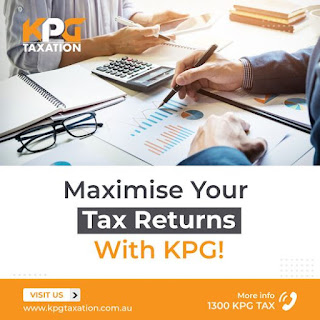How Can Geelong's Trusted Accountants Help Your Business Thrive
Running a business in Geelong is exciting! You have a great idea, the commitment to succeed and also the local community to support you! But here's the catch - in between keeping the customers happy, managing staff, and staying on top of regulations, it is very easy that you can get stressed and find it difficult to manage! That's where trusted accountants in Geelong come into the picture! What's the first thing that comes across when you think of them? Well, we guessed it! The big numbers and balance sheets! But they have a major role to play! They are just like your financial partners who can help your business handle the complexities of finance and help your business achieve its full potential. This article will enlist the many ways an accountant Geelong can help your business succeed. We'll cover everything from bookkeeping and tax planning to financial forecasting and business strategy. By the end, you'll understand how a trusted accountant
